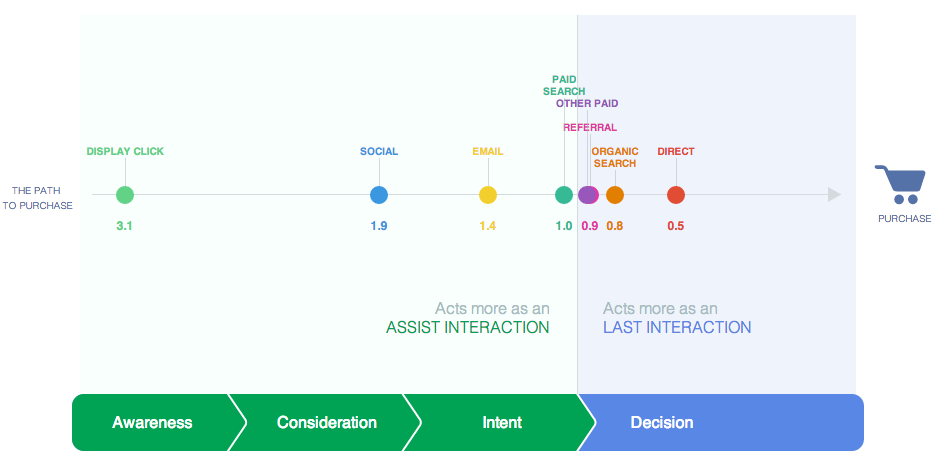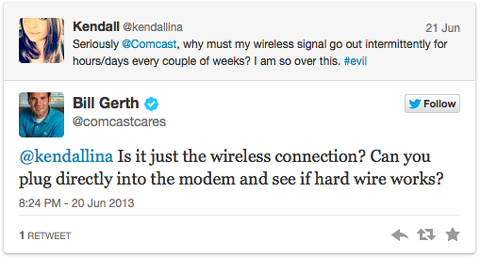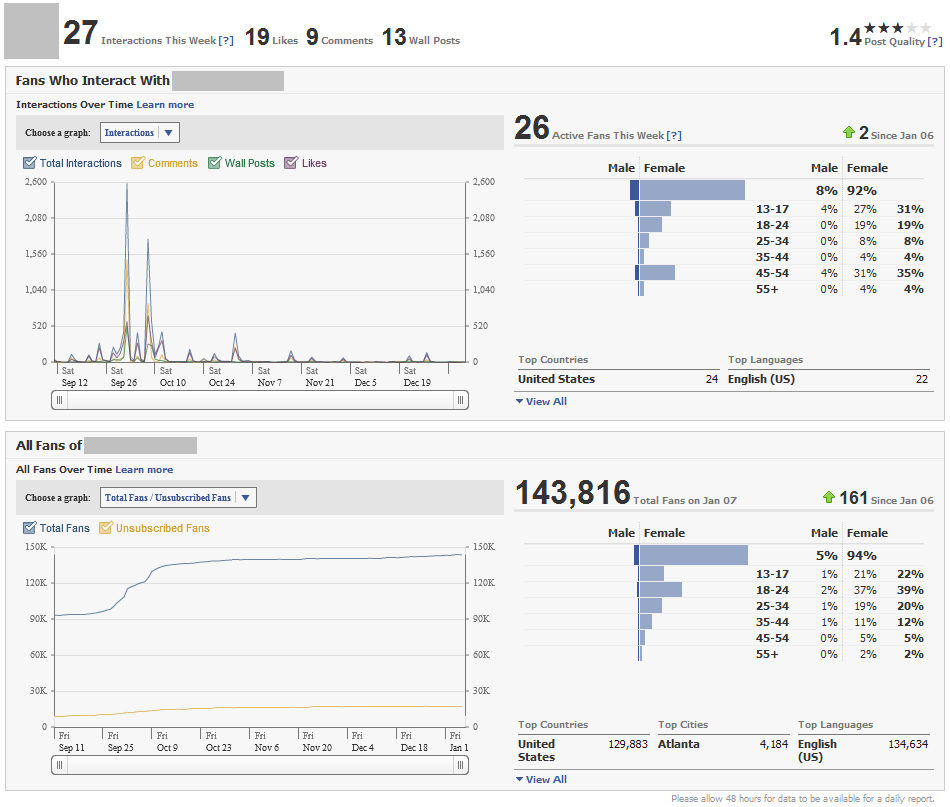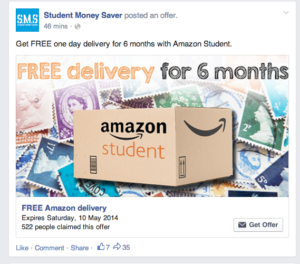So you’ve set up your website and already receives thousands of visitors per day. What’s next? In this lesson, we’re going to look at the importance of setting up your own social media pages and why they’re important.
Why are your Social Media Pages Important?
Right now you’re probably asking yourself “I already have a website, why do I need a social media page too?”
The answer is that your social media page can be used to generate additional traffic, brand engagement and loyalty. And it can help you to learn more about your consumers. Take a look below at some of the key reasons why brands use social media.
- Target your Customers, Promote Brand Awareness and Engagement
Everyone is already on social networks such as Facebook and Twitter noways. In fact, Facebook already has more than 1.2 billion users with 67% of people in the US active on the social network. Therefore setting up your own Facebook and Twitter page will help you find and connect with your existing fans.
Posting competitions, stories and pictures on your Facebook page is a great way to keep users engaged with your brand. Use the 70/30 rule to post a combination brand building and self-promotional posts. Posting daily Facebook updates and posts will help grown your brand, increase your audience reach and increase traffic and sales to your website.
Although a report by IBM showed that only 1% of total ecommerce sales during Black Friday had come from social media, according to Google, social media actually plays a much bigger role in the brand awareness phase. Take a look below to see how social media is a big part of the brand discovery and consideration phase.
 Importance of Social Media and eCommerce
Importance of Social Media and eCommerce
- Increase Social Proof, Trust and Sales
Social proof is an incredibly powerful factor for conversions, especially for e-products. According to research by PowerReviews.com, 70% of Americans look at product reviews before making a purchase online and 63% of consumers say they are more likely to purchase from a site if it has product ratings and reviews.
Social proof steps in by helping to build consumer trust in your product and brand.
- Use Twitter as a Platform for Customer Support
Many large brands and ecommerce sites now use Twitter as a customer support channel. The simplicity of Twitter means that users can contact your support team straight away with issues or complaints. Twitter is also a great channel for announcing new products, sales or new services to your followers.

Twitter is also a great tool for reaching out to journalists and engaging in PR.
- Drive Additional Website Traffic
Social media can be used to drive additional traffic to your website. Although Google has already confirmed that they don’t use social media signals as a ranking factor for your site, they do see it playing an increasingly important role in the future.
Don’t forget that with the evolution of Google Universal search (Google has started to incorporate Google Plus brand pages into the search results), Google+ will play an increasingly important role in Search Engine Optimization (SEO) and traffic generation.
Check out the video of Matt Cutts on the important of social media as an SEO ranking signals below:
- Market Research and Insights
Social media can provide huge insights into your customers and demographics. For example, with Facebook Insights you can look analyze your audience behavior, age and sex. You can then use this information to better target your audience with more relevant ads.
You can then re-target fans of your Facebook page using cookies and Facebook’s Ad Exchange network to increase purchases from existing customers.
Finally, you can use your social media pages as a listening device and for additional market research. Listen to what your customers want and tailor your products or services around them. You can even conduct polls on your Facebook page (e.g. “What is your favourite colour t-shirt?) to launch new product ranges for your customers.

- Reward Customer Loyalty
Social media fan pages are perfect for rewarding your loyal fans with special promotions and deals. Publish special bonus codes on your page or use the “Deals” call-to-action on Facebook to post deals that fans can then “Claim”.
- Use Facebook Call-to-Action Buttons to Promote Events, Deals, Apps and more
Facebook’s Power Editor tool allows you to add call-to-action buttons in your posts to help promote events registration, products, apps and more. Therefore, having a social media page and advertising on Facebook gives you an easier way to directly promote your services to existing customers.

Choosing a Social Network to Target your Customers
Generally speaking, if you have a smaller budget you should focus all of your social media presence on 1-2 social networks. This prevents you spreading your resources too thinly. Most people choose Facebook and Twitter for their main social network, however if you promote videos as part of your business than you should definitely use Youtube too. Youtube allows you to earn subscribers to your channel and gain comments and shares across your videos.
Before you make a decision, you should find out which social networking site your customers are most active on.
Facebook: Facebook is great for targeting 20-30 year olds and it has the largest user base of any social network (67% of users are active on Facebook). It also has the higher percentage of active users in the 30 to 49, 50 to 64, and over 65 age brackets than any other social networking site.
Twitter: 16% of users are active on Twitter. It’s great for its wide reach and broad audience. Twitter appeals mostly to the under 50 demographic, specifically 18-29 year olds.
Linkedin: LinkedIn is a social professional and networking – this is specifically useful for businesses in the B2B industry.
Google Plus: Google Plus has good results in the tech/webmaster niche
Conclusion
As you can see, social media pages provide a number of benefits that complement your existing website. The main advantage that they bring a platform for greater communication between your brand and your customers. Social media pages can to give your business a personal identity and improve engagement, trust and loyalty.
